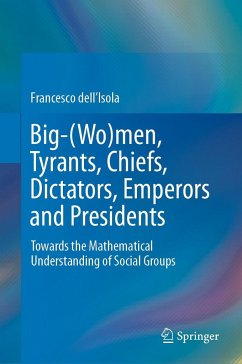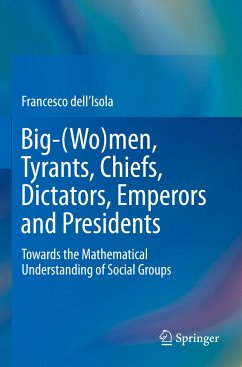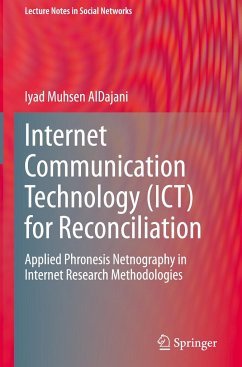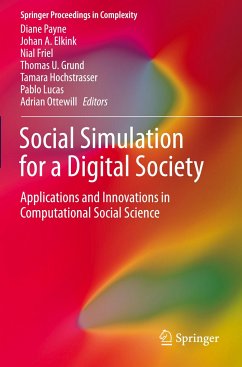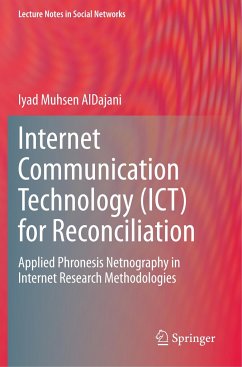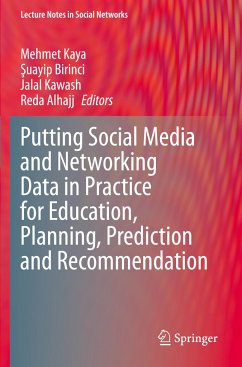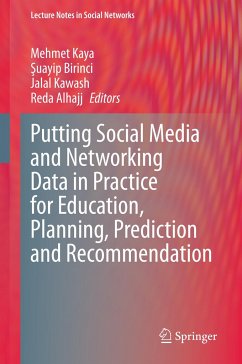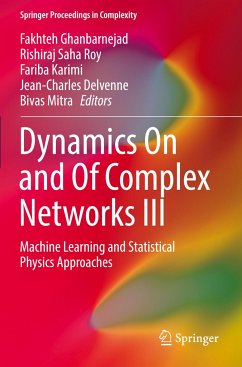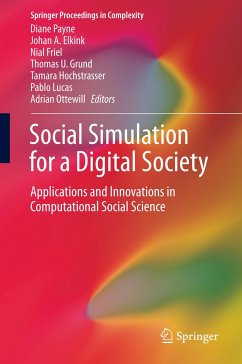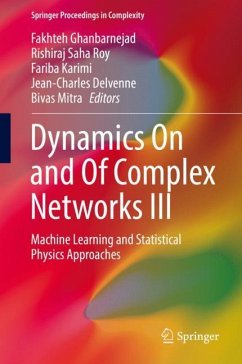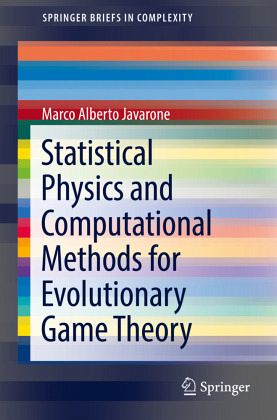
Statistical Physics and Computational Methods for Evolutionary Game Theory

PAYBACK Punkte
25 °P sammeln!
This book presents an introduction to Evolutionary Game Theory (EGT) which is an emerging field in the area of complex systems attracting the attention of researchers from disparate scientific communities. EGT allows one to represent and study several complex phenomena, such as the emergence of cooperation in social systems, the role of conformity in shaping the equilibrium of a population, and the dynamics in biological and ecological systems.Since EGT models belong to the area of complex systems, statistical physics constitutes a fundamental ingredient for investigating their behavior. At th...
This book presents an introduction to Evolutionary Game Theory (EGT) which is an emerging field in the area of complex systems attracting the attention of researchers from disparate scientific communities. EGT allows one to represent and study several complex phenomena, such as the emergence of cooperation in social systems, the role of conformity in shaping the equilibrium of a population, and the dynamics in biological and ecological systems.Since EGT models belong to the area of complex systems, statistical physics constitutes a fundamental ingredient for investigating their behavior. At the same time, the complexity of some EGT models, such as those realized by means of agent-based methods, often require the implementation of numerical simulations. Therefore, beyond providing an introduction to EGT, this book gives a brief overview of the main statistical physics tools (such as phase transitions and the Ising model) and computational strategies for simulating evolutionary games (such as Monte Carlo algorithms on lattices). This book will appeal to students and researchers in this burgeoning field of complex systems.



